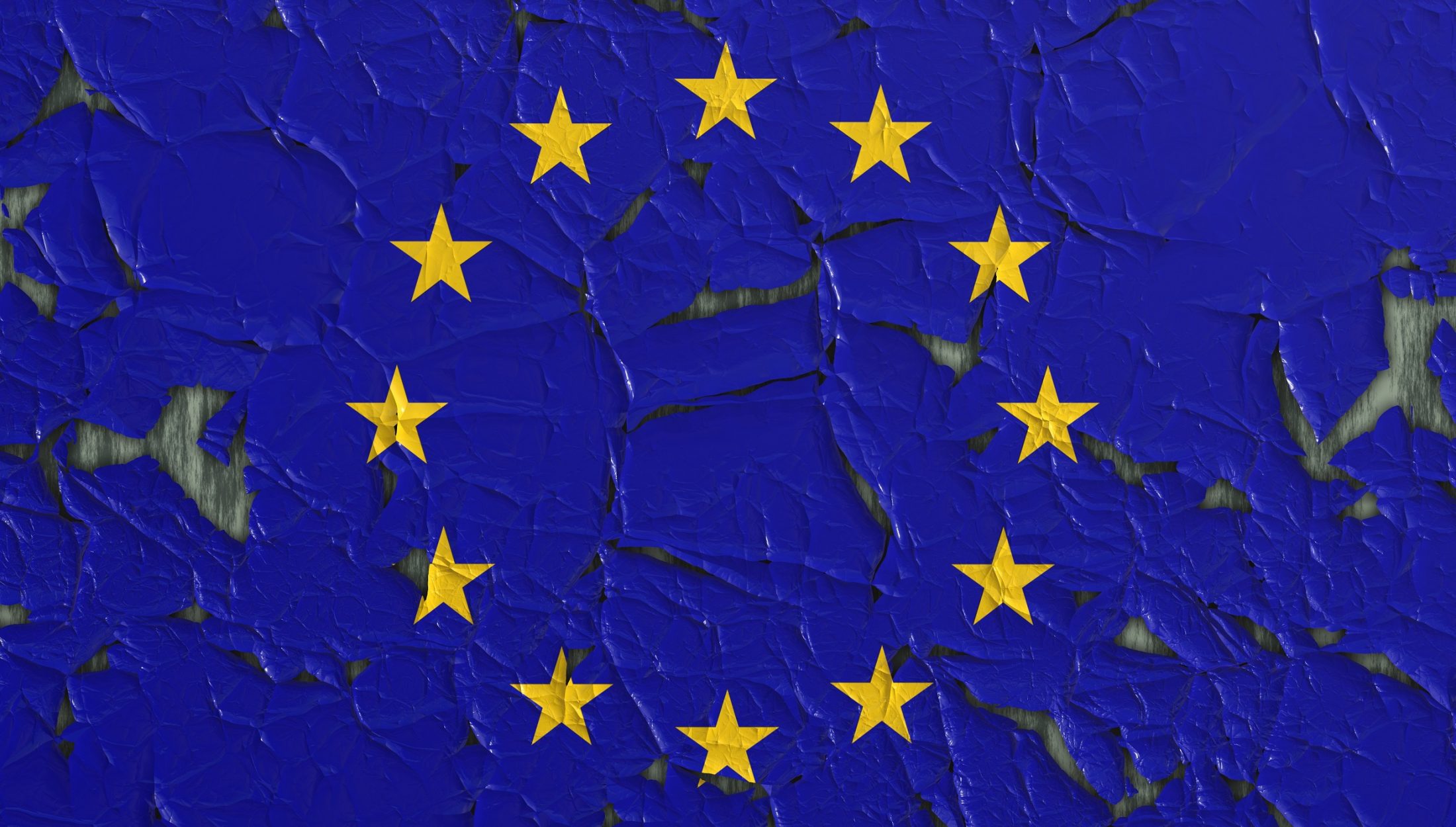Greece is ‘the closest collaborator and partner of Russia in Europe’ said the Russian President Vladimir Putin to the Greek Prime Minister Kostas Karamanlis during their meeting on 9 December 2004 in Moscow. The Greek Prime Minister returned the compliment with a more strategic phrasing: ‘You have called my country a strategic partner of Russia, this corresponds to the level of our relations and I consider it a stable parameter of our foreign policy’.[1] The Russian Foreign Minister, Sergey Lavrov, addressing the Greek public a few years later on 2 December 2009 said, ‘I think there are few countries in the world that are bound by such a long history of sincere friendship as Russia and Greece. Russian-Greek relations have always rested on the solid basis of trust and mutual sympathy between our peoples’.[2]
Much has been said and written about the ‘special relationship’ between the Greek and Russian people that allegedly translates into a ‘strategic’ relationship implying at times a ‘geopolitical axis’ of deep historical and cultural roots. Russia’s post-Cold War foreign policy provides no evidence of a ‘strategic’ place reserved for Athens. Contemporary Russian policy does not take place in a historical vacuum. It displays continuity with the southern policy of the Soviet Union which took no proactive mediating or conflict resolution role in any of Greece’s first order security concerns (Turkish claims over the Aegean; Turkish occupation of Cyprus). What about the recent past?
The expectations of Athens that post-Cold War liberalism would allow the two partners to forge closer energy cooperation and work together to shape an inclusive, principles-based European security order have proven futile. Despite the common views on how stability and security could be best served in the war-torn Balkans of the 1990s, Russia was the first major power and permanent member of the UN Security Council to recognise FYROM with its constitutional name on 4 August 1992, while Athens was giving a hard diplomatic fight over this identity rather than security issue. Russia became the fiercest opponent of the 2018 Prespes Agreement between Skopje and Athens to resolve this name dispute after 25 years of stalemate.
What has happened on the much anticipated bilateral energy partnership, an idea shared cross all Greek political parties? The lure of Russian gas and oil-fuelled pipelines that would elevate Greece’s geopolitical and economic weight has evaporated slowly only to increase Greece’s dependency on energy pipelines crossing Turkey which Moscow calls an ‘energy strategic partner’.
On security issues, Greece, an EU and NATO member, has been following a pragmatic approach, keeping an open ear to Moscow’s security concerns in Europe. President Medvedev’s call in 2008 on a new European security dialogue was taken aboard by Athens who used its OSCE Chairmanship in June 2009 to launch the ‘Corfu Process’ to restore trust between the West and Russia after the Russian-Georgian war. The effort did not advance amidst a new Cold War type of deteriorating relations between the West and Russia especially after the Crimea annexation in 2014.
Putin’s hard power politics in Eastern Europe and the embracing of a propaganda war with European countries made Russia not a stabiliser but a revisionist power, undermining western governance structures. A revisionist Russia in a strategic partnership with (an at times anti-Western) Ankara makes it a very difficult partner for Greece. The tactical consensus reached by current political leaderships in Moscow and Ankara over a wide range of important issues (Syria, NATO’s role in Black Sea, defence cooperation, energy) indicates a shared view on contemporary international politics, even if one of shallow historical roots. Policies should, however, be carefully assessed even if part of tactics. Lacking a sound global strategy Vl. Putin has often resorted, many times successfully, to crafty tactics to meet Russia’s interests in today’s complex world.
An interest-based policy is a pragmatic foreign policy of any Greek government. Words of friendship are welcome and should be integrated in shaping multidimensional external relations. But they do not substitute for the only historically proven anchor of Greece’s economic development and security; its European allies. No specialness but pragmatism depicts Athens-Moscow links.
[1] https://www.news247.gr/afieromata/oi-rosoi-einai-filoi-mas-oi-ellines-prothypoyrgoi-poy-pigan-sti-rosia-apo-to-1979-os-simera.6339512.html
[2] Speech of the Russian Minister of Foreign Affairs Lavrov S.V. to the Greek society. Athens 2.12.2009. http://www.mid.ru/en/foreign_policy/news/-/asset_publisher/cKNonkJE02Bw/content/id/270818
Note: This article gives the views of the author, not the position of Greece@LSE, the Hellenic Observatory or the London School of Economics.






